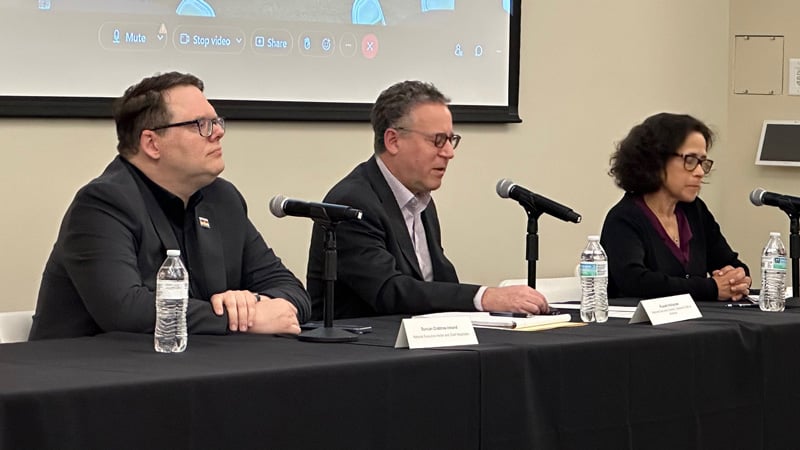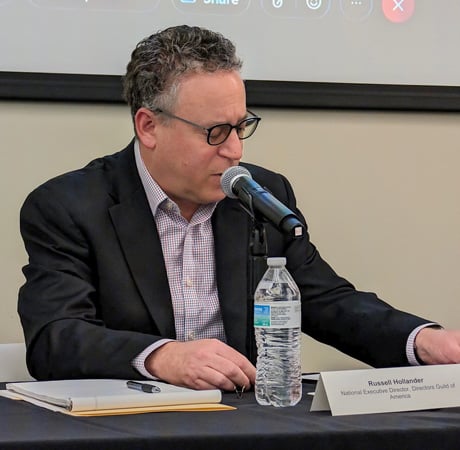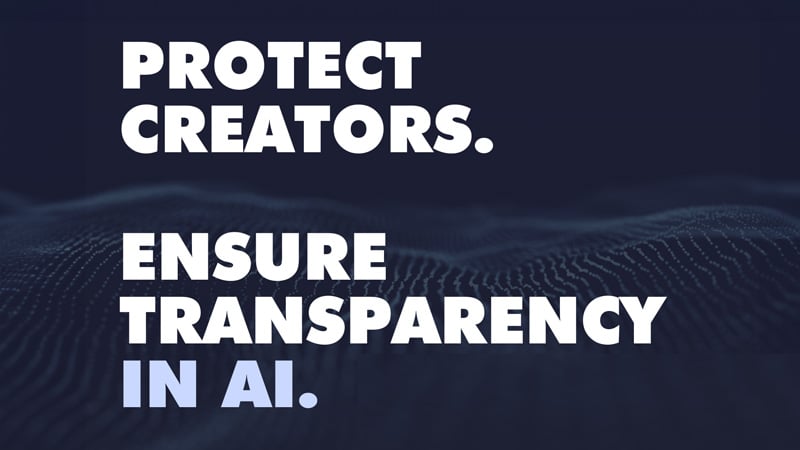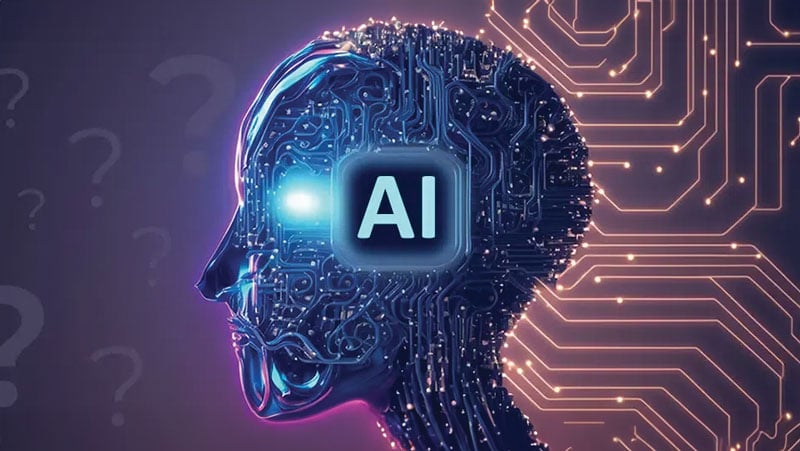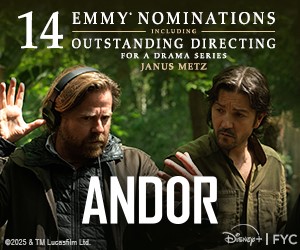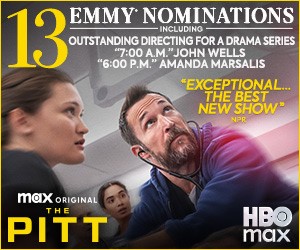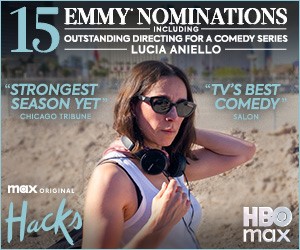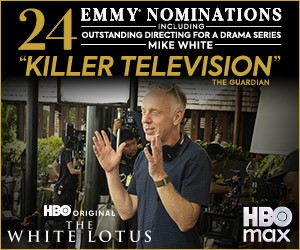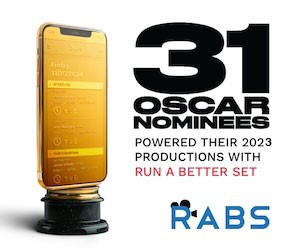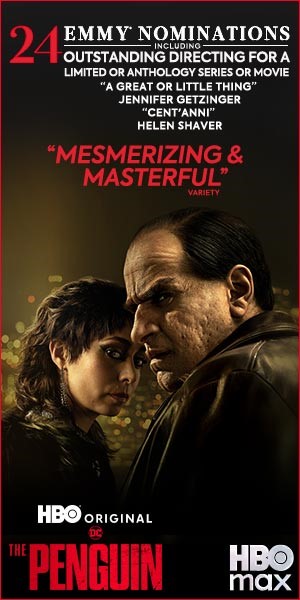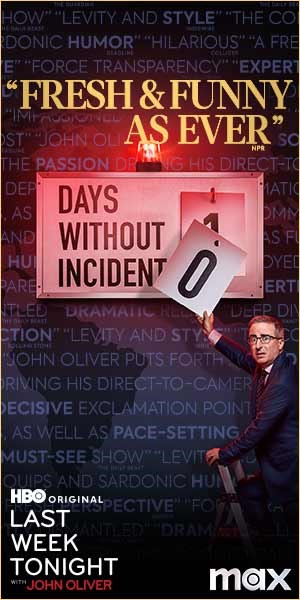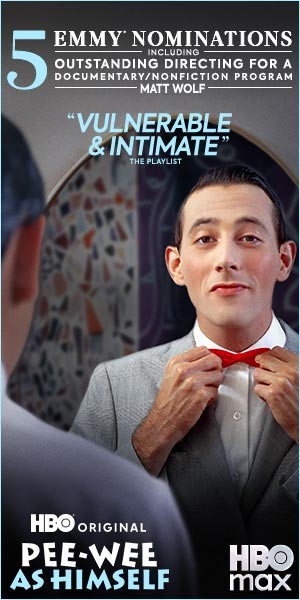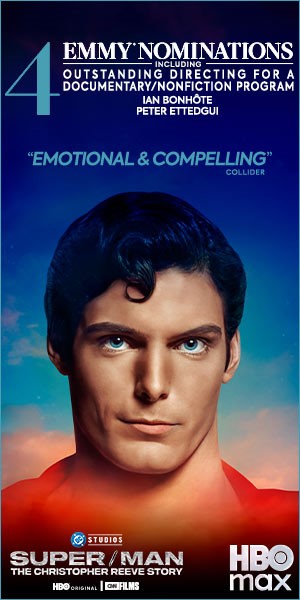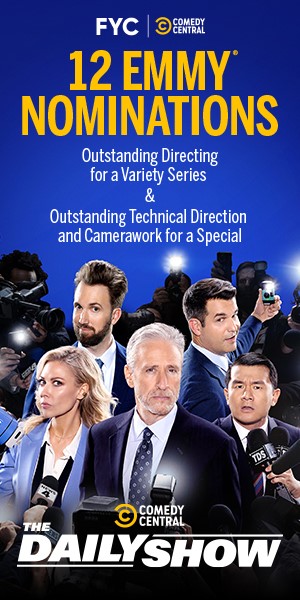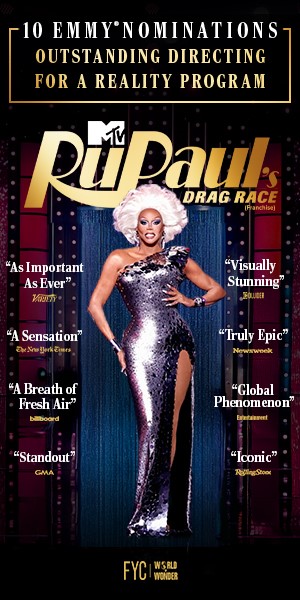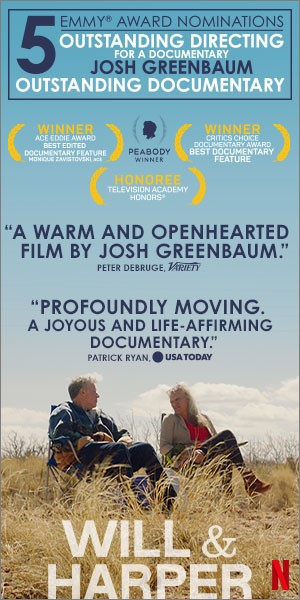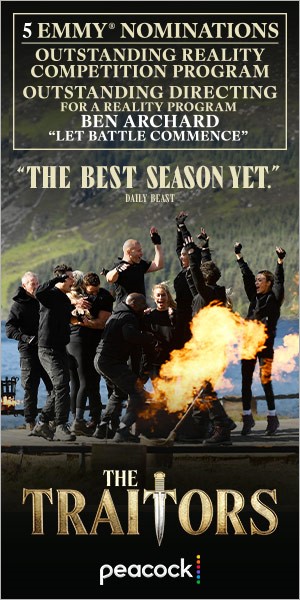The United States Patent and Trademark Office (USPTO) Artificial Intelligence (AI) and Emerging Technologies (ET) Partnership hosted a public symposium on intellectual property (IP) and artificial intelligence (AI) hosted at Loyola Marymount Law School on March 27, 2024. The event was moderated by Jeffrey Martin from the USPTO, as the symposium brought together a diverse panel to unravel the intricate legal landscape shaping the intersection of AI, the Lanham Act, and Name, Image, and Likeness (NIL) rights.
National Executive Director Russell Hollander took part in the panel which included a distinguished lineup of speakers including Maureen Weston from Pepperdine University, Tearra Vaughn from Meta, and Duncan Crabtree-Ireland from SAG-AFTRA.
In his opening remarks, Hollander emphasized the importance of several key elements for Directors and their teams when it comes to AI. These include copyright protection, consent, fair compensation, and the imperative task of safeguarding members' creative works from unauthorized distortion by AI. Hollander stressed that robust copyright laws are a crucial defense against theft and distortion of creative content.
Hollander shared the Guild's continued commitment to keeping Directors' singular visions and the collaborative creative process behind motion pictures intact. While recognizing the potential of AI as a tool, Hollander discussed the necessity of safeguards to uphold creative integrity and ensure that AI complements rather than compromises artistic expression.
Other key points discussed included the need for enhanced federal protection, incentivizing tech companies and platforms, and holding them accountable to safeguard individual and copyright items. Additionally, establishing processes for individuals to revoke consent and report infringements was also discussed. Stricter laws would aim to protect not only established individuals but also those building their reputations, as AI-driven alterations can have detrimental effects for individuals who are early in their careers.
Hollander stated in his closing remarks, “We must learn from the past and avoid the mistakes we’ve made. We know Generative AI isn’t going anywhere and it will be a part of our lives, but it needs to be regulated and regulations need to be in place now.”
